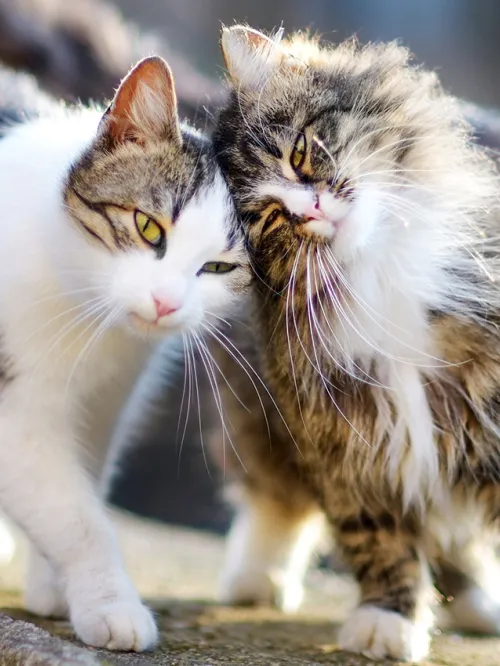At Humane World for Animals, we believe that knowledge is the key to better lives for pets, wildlife and the people who care for them. Our expert-curated Animal Care Resources library provides trusted, science-backed guidance on pet adoption, health, behavior, and humane solutions for coexisting with wildlife.
We've compiled these resources to help you make informed, compassionate decisions—whether you’re welcoming a new pet, navigating behavior challenges or seeking humane ways to manage wildlife conflicts.
Animal Care Resources
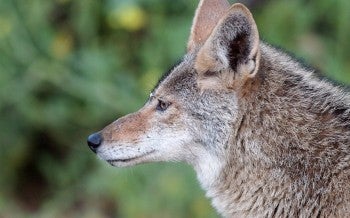
Contents A comprehensive plan Why is there a coyote in my yard? Do coyotes eat cats, dogs or other pets? What should I do if...
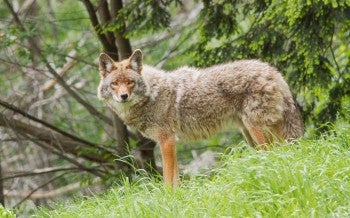
Coyotes generally avoid people. But if you encounter coyotes who have adapted to urban or suburban environments, hazing techniques can teach them to keep away.
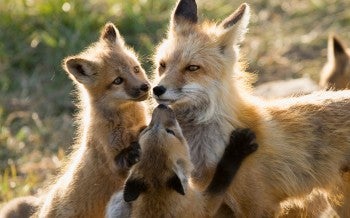
Foxes are usually no cause for alarm, but if you have backyard chickens, you'll need to protect them. Here's what to do if you see a fox in your neighborhood.
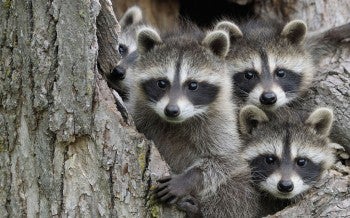
Wondering what to do about raccoons? Conflicts with these intelligent animals can be prevented and resolved humanely.
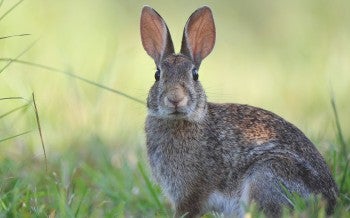
Rabbits may eat our plants or crops in the garden, yet they are critical members of our ecosystem. Make sure they are the culprit and learn what you can do without hurting them.
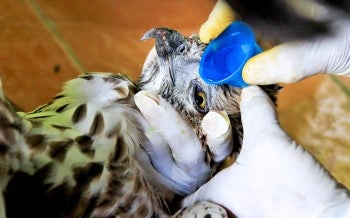
Find a local wildlife rehabber to help orphaned, sick or injured animals using this directory from state departments.
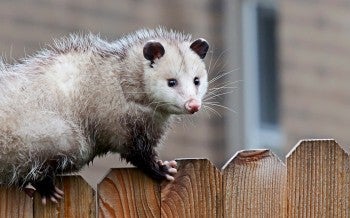
Opossums are gentle neighbors, rarely dangerous, and often not even responsible for messes they get blamed for. Here's what to do if you have one in a crawlspace.

You can keep your cat while keeping you and your baby safe! Follow our tips for avoiding exposure to toxoplasmosis from cat litter and reducing risk from other sources.

Welcoming a new cat to your home can be difficult when you already have a resident cat. Learn how you can help two or more felines get acquainted.
Keep me up to date!
I want to know the latest news and the quick, simple actions I can take to help animals each week.
Anna/Adobe Stock photo
